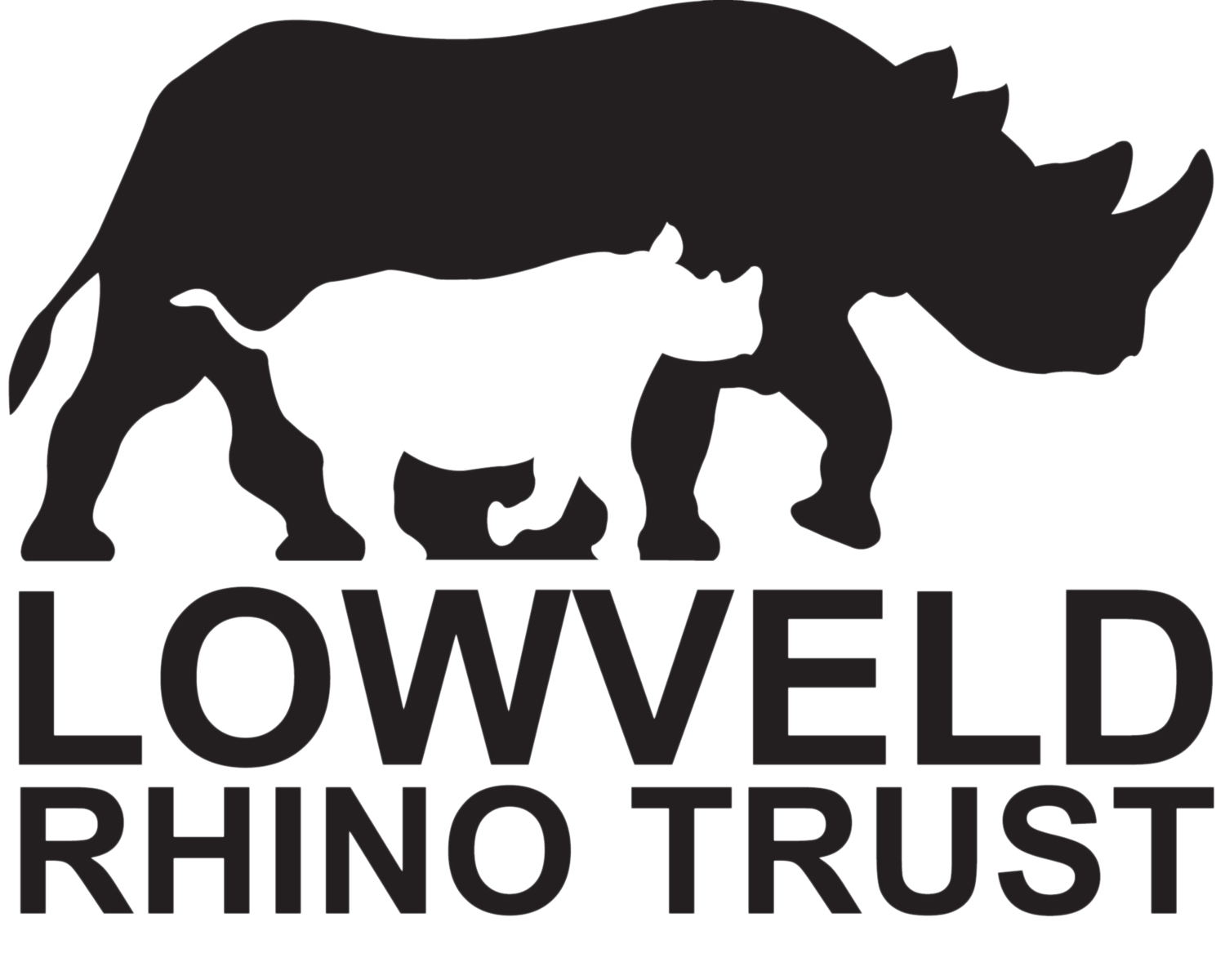Our Team
Raoul Du Toit - Director
In 1985, Du Toit was appointed as Scientific Officer for the IUCN African Elephant and Rhino Specialist Group, and diverted from his previous professional focus on Environmental Impact Assessments. In 1988, du Toit developed a WWF project to survey the status of black rhinos in the Zambezi Valley and remained a Project Executant with WWF until 2009. In 1990, du Toit was seconded from WWF to the Zimbabwean Department of National Parks and Wildlife Management, where he worked for seven years to initiate and implement the Rhino Conservancy Project in Zimbabwe (funded by the Beit Trust, via WWF). This project entailed establishing viable rhino breeding groups in semi-arid Lowveld region of Zimbabwe, amalgamating game ranches into large conservancies to provide adequate habitat, setting up protection and monitoring systems, and helping to deal with the ongoing economic and political challenges to these private sector projects.
Du Toit also helped to establish the regional rhino conservation programme of the Southern African Development Community and was involved in this programme as a technical adviser on rhino projects in several countries, over the period 2000-2007. From 2009, the Rhino Conservancy Project has been subsumed into the Lowveld Rhino Trust which du Toit set up and is now Director of. Du Toit acts as the African Program Coordinator for the International Rhino Foundation, which is a primary support agency for the Lowveld Rhino Trust. Du Toit has been awarded the Sir Peter Scott Award (by the IUCN Species Survival Commission) in 2009, and the Goldman Environmental Prize for Africa, in 2011.
Lovemore Mungwashu - Operations Coordinator
In 1982, Mungwashu joined Zimbabwe’s then Department of National Parks and Wildlife Management as a ranger. By 1990 he had worked his way up through the ranks to become a Provincial Warden. During this period Mungwashu was directly involved in fighting the massive poaching onslaught that decimated Zimbabwe’s rhino populations. Due to this experience he was invited to join the Rhino and Elephant Security Group and acted as Chairman of this group for over 10 years. In 2000 Mungwashu became Chief Warden for the Department of National Parks and Wildlife Management. In that role, he was the head of all the Department’s field programmes, ranging from law enforcement, parks management, wildlife population management, infrastructure development and maintenance and other field related activities. In 2004 Mungwashu joined the then WWF Lowveld Rhino Conservancy Project (now LRT) as Operations Coordinator, dealing with a wide variety of roles from international security liaison through to driving translocation trucks.
Natasha Anderson - Rhino Monitoring Coordinator
Australian born Natasha Anderson came to Zimbabwe in 1996 as a volunteer worker after completing a Master of Environmental Studies degree at the University of Melbourne. She has been based in the South East Lowveld since then. Her initial work focused on natural resource management and education projects in the Maranda Communal Lands working under the Mwenezi Rural District Council. Post 2000 she became involved with the Lowveld Rhino Trust when she offered some of her spare time to help with monitoring rhinos – especially those sharing their range with newly settled farmers in the Bubiana Conservancy. Over time she developed opportunities to mesh her interest in education with rhino conservation and under the Southern Africa Development Community Regional Program for Rhino Conservation, developed education support materials called the Rhino Cards. These materials form the foundation of LRTs current education program, which Natasha helps manage along with her monitoring work on a much expanded population of rhinos in Bubye Valley Conservancy.
Simba Chiseva – Community Liasion Officer
Simba Chiseva worked for African Wildlife Foundation from 2009 to 2011, working on land use planning, applied research on fisheries management, human wildlife conflict mitigation and management, setting-up community institutions and their capacitation on innovative and sustainable natural resources based enterprises earmarked to improve rural livelihoods. In August 2011, Chiseva joined Lowveld Rhino Trust (LRT) as a Community Liaison Officer where he focused on developing appropriate institutions in the South East Lowveld (SEL) region for joint ventures in wildlife operations, in which rhinos are flagship species, with tangible community benefits being generated through win-win arrangements. Key among his duties, Chiseva led the setting-up and implementation of the conservation incentive scheme for communities adjacent to Save and Bubye Valley Conservancies through primary schools. The scheme’s primary focus is raising awareness on rhinos and promotes the involvement of communities adjacent to rhino sanctuaries in their protection and conservation. In addition, Chiseva coordinated the establishment of a forum for SEL stakeholders to debate and coordinate issues related to conservation and land-use in the region and worked closely with traditional leaders, local authorities, private sector operators in Save Valley Conservancy and other stakeholders in facilitating lobbying and engagement of the government on promoting the adoption of community driven partnership model around wildlife areas particularly in Save Valley Conservancy.
The theoretical background gained from studying MSc in Tropical Resource Ecology and MSc in Development Studies together with the practical skills and grounded experience of working with communities coexisting with wildlife continue to drive Chiseva’s intrinsic passion to address both environmental and socio-economic goals and to balance the exploitation and conservation of valuable terrestrial and aquatic ecosystems.
Lowveld Rhino Trust Rhino Monitors
The LRT Rhino Monitors are a group of hard working and highly skilled bush trackers dedicated to monitoring and protection of rhinos. They are at the coalface of LRT's rhino conservation effort and their intimate knowledge of individual rhinos provides the basis on which management and intervention decisions are made. On a daily basis they track one of Africa's most dangerous animals, an undertaking which they perform with courage and commitment.





